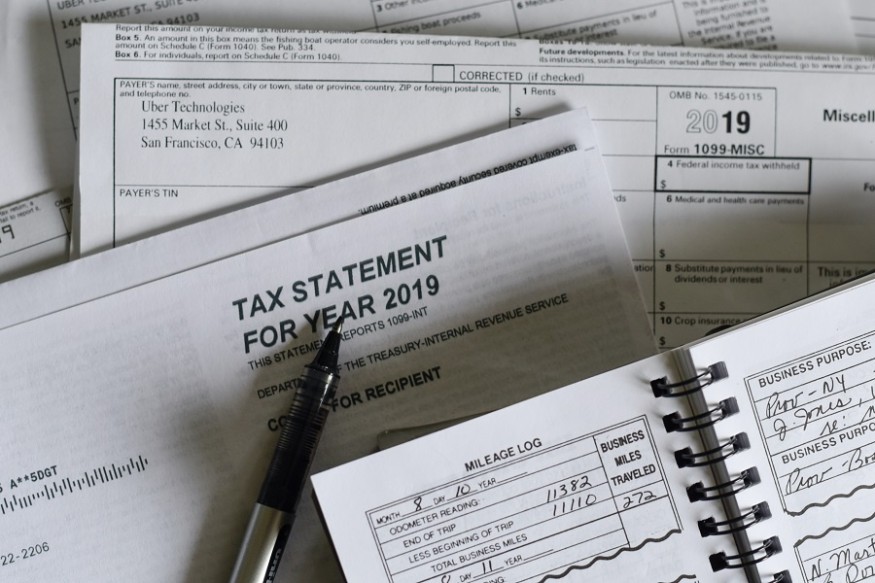Stimulus Check: Role of Taxes and Everything You Need to Know
Millions of Americans are still waiting for the next round of stimulus checks, and the process of getting it involves taxes.
For sure, many questions pop into your mind when you think about your taxes and the stimulus checks you have been waiting to receive.

So let's have a walkthrough on the role of an individual's annual tax with the stimulus checks as per CNET's guide. We will help you answer some questions about how stimulus checks and taxes go together. Below are the essential things you need to know:
How are taxes used to determine the amount of stimulus checks?
The IRS uses your adjusted gross income or AGI to calculate the amount of the stimulus checks you will receive. Most payments are based on the AGI you reported on your 2019 tax return. For those who have not yet filed a 2019 return, their payment would be based on their 2018 return.
Based on different factors, your AGI might be different from your annual salary or take-home pay. The AGI on your last batch of taxes will decide how much exactly of the $1,200 stimulus check per adult your household will get. But it is not necessarily based on your current income.
Could I still qualify for a payment if I did not pay taxes?
If you are not required to file 2019 nor 2018 tax return as you are below income limits or you are receiving federal benefits like Social Security, you could still get a stimulus payment. Recently, the IRS reported that up to nine million non-filers might be owed a payment.
The IRS non-filers tool can be used to see if you are qualified for a payment. The deadline for filing is until October 15 to receive a payment this year. However, you may still claim your stimulus check next year if you will file after October 15 based on your 2020 tax returns.
What to do if my AGI changed?
The IRS used your reported AGI to set the amount of your first payment if you filed your 2019 federal tax return before April 15, 2020. If you filed your tax report in 2018 but did not in 2019, the IRS will based it on the 2018 tax return. The second check will likely follow the same protocol.
I lost my job since I filed taxes, could I still get a check?
If your financial situation changed after you filed your 2018 or 2019 tax return or you received less income, you can claim that additional amount on your 2020 tax return when you file in 2021. An extra step is needed to claim your credit. The IRS will post further details as the 2020 tax season gets closer.
Can my 2019 taxes help me receive the check faster?
If you filed 2018 or 2019 taxes and included direct deposit information, the IRS will attempt to deposit your check in the bank account you provided on your tax return. The IRS provided a tool to let you use your bank details to get an electronic deposit if you usually receive your refund by check in the mail.
The dealine to use that tool has already expired mid-May. However, the IRS would likely reopen it if a second stimulus check goes through.
Check these out:
Any Bipartisan Stimulus Deal Will Include More $1,200 Direct Payments, Mnuchin Says
COVID-19 Stimulus Talks Deadline Finally Set on Noon Wednesday, Democrats Say
Stimulus Checks Might Be Released Mid-October Once Pelosi, Mnuchin Reached a Deal
Subscribe to Latin Post!
Sign up for our free newsletter for the Latest coverage!

















